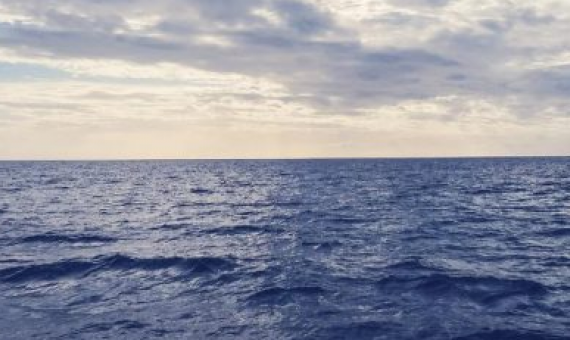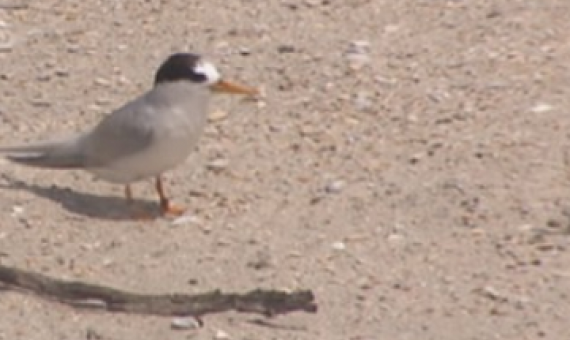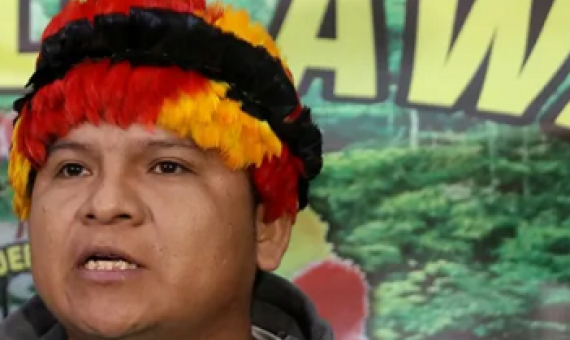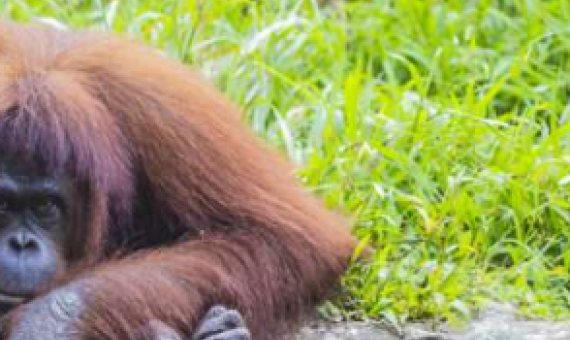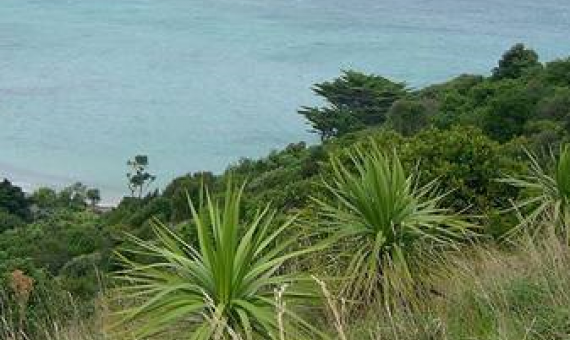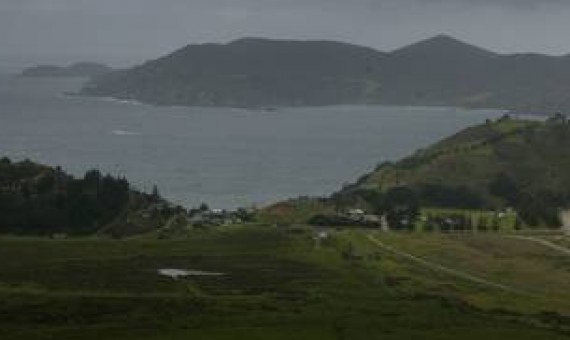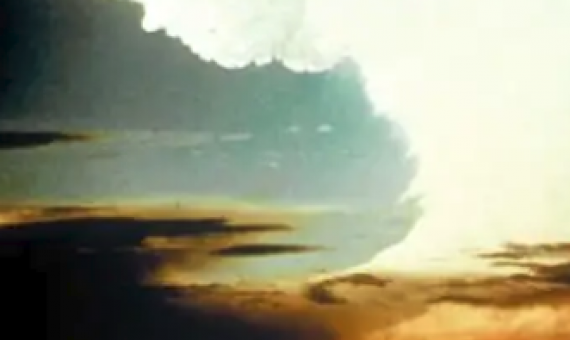The UK’s joint project with American military firm Lockheed Martin is the largest in the world but poses risks to deep sea ecosystems. Click on the link below to read the full article.
Northern New Zealand seabirds are in serious decline, with scientists estimating up to 90 per cent are at risk of extinction, a new report has revealed. Click on the link below to read the full article.
There is no denying, the authors write, that the destructive extinction trends, so visible across the planet, “have been less severe or avoided in areas held or managed by Indigenous Peoples and Local Communities….
A recent landmark United Nations report delivered an alarming assessment of the fate of animal life and biodiversity on Earth. Click on the link below to read the full article.
A Northland island has been named among 107 islands globally that offer the best chance to save some of the world's most threatened species.Click on the link below to read the full article.
New research shows that culling invasive, non-native animals on just 169 islands around the world over roughly the next decade could help save almost 10 percent of island-dwelling animals at risk of extinction. Click on the link below to read the full article.
Savor that cup of coffee while you can. New research shows 60% of coffee species found in the wild could soon go extinct. Click on the link below to read the full article.
Society needs to remember that while having something rare is intriguing, extinction is forever, writes James Schaefer. Click on the link below to read the full article.
There is now overwhelming evidence that our impact on Earth constitutes its own distinct geological epoch, dating from the middle of the 20th century. Click on the link below to read the full article.
Islands are biodiversity hotspots, yet the decline of island species is more rapid than anywhere else in the world. Click on the link below to read the full article.

